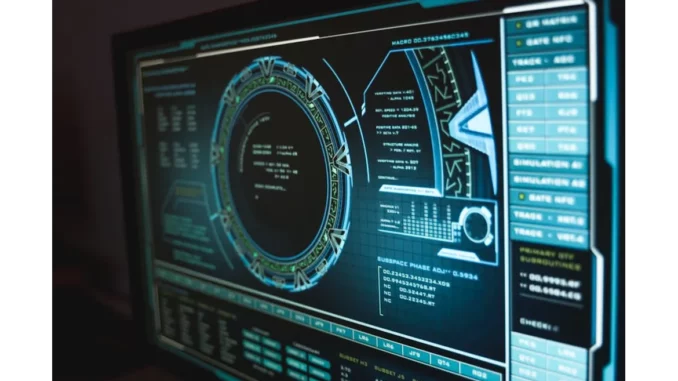
The realm of cybersecurity has swiftly emerged as one of the foremost concerns in today’s digital age, underscored by recent alerts from Richard Horne, the head of the UK’s National Cyber Security Centre (NCSC). In his inaugural major address since assuming his role in October, Horne highlighted the escalating cyber threats emanating from hostile states and organised criminal entities. As the UK grapples with a significant increase in severe cybersecurity incidents, it faces a sophisticated and unrelenting digital onslaught.
Horne’s discourse at the NCSC’s London headquarters offers a sobering depiction of the current cybersecurity scenario. Over the last year, the agency has responded to 430 incidents, marking a substantial increase from the previous count of 371. Among these, 12 qualified as “top end” or “more severe” cases, reflecting a threefold rise from the prior year. This surge highlights the growing frequency and sophistication of cyber-attacks. Horne pointed to Russia and China as the primary instigators, with Russian cyber activities described as both aggressive and reckless, while China is characterised as a highly adept cyber actor with global ambitions. The NCSC also identified threats from Iran and North Korea, further complicating the cybersecurity landscape confronting the UK.
The real-world consequences of cyber-attacks are starkly illustrated by recent ransomware incidents targeting prominent UK institutions such as the British Library and Synnovis, which oversees blood tests for NHS trusts. These events underscore the profound integration of technology into everyday life and the potential for cyber disruptions to directly impact critical health services and access to information. Ransomware groups, often originating from Russia or former Soviet states, are notorious for incapacitating IT systems and seizing sensitive data, demanding ransoms in bitcoin. The NCSC catalogued 317 ransomware reports last year, with 13 deemed nationally significant, highlighting the pervasive threat posed by these malicious actors.
Horne’s address serves as an urgent call to action for both public and private sector entities in the UK. The chasm between the threats faced and the defences in place is widening, leaving no room for complacency. It is imperative to prioritise the defence and resilience of critical infrastructure, supply chains, the public sector, and the broader economy. The NCSC’s annual review stresses the necessity for heightened vigilance and readiness. The actions of the Russian regime, particularly its incursion into Ukraine, have emboldened non-state actors to target critical national infrastructure in the West. Concurrently, Chinese cyber operatives have focused on UK democratic institutions, infiltrating MPs’ emails and the Electoral Commission’s database.
The cybersecurity threat transcends national boundaries, necessitating a concerted international effort to counter the challenges posed by state-sponsored cyber operations and criminal networks. The sharing of intelligence, best practices, and resources is crucial for constructing a formidable global defence against cyber threats. The NCSC’s review underscores the importance of international collaboration and coordination to address the ever-evolving cyber threat landscape. This involves tackling the activities of state-affiliated actors, such as China’s Volt Typhoon group, and comprehending the motivations and strategies of adversaries like Iran and North Korea.
The warnings issued by Richard Horne and the NCSC are a clarion call for the UK and the global community. As cyber threats continue to escalate in complexity and impact, there is an urgent need for heightened awareness, increased investment, and robust collaboration. Protecting critical infrastructure and safeguarding sensitive data are essential to ensuring national security and the welfare of citizens. The urgency to act is paramount, as the next wave of cyber-attacks looms on the horizon. The imperative is clear: action must be taken now to fortify defences and mitigate the risks posed by these persistent threats.


Be the first to comment